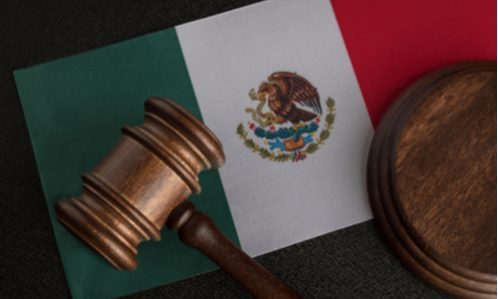Mexico’s Supreme Court on Wednesday, February 3, upheld an antitrust suit against government measures seeking to strengthen the national power company, dealing a blow to a central plank of President Andres Manuel Lopez Obrador’s agenda, reported Reuters.
The Federal Economic Competition Commission (COFECE) antitrust body submitted the challenge to the court last year after the energy ministry issued orders to give the state more power over the electricity sector to support national power utility, the Comision Federal de Electricidad (CFE).
Those measures modified rules on who can generate power and in what quantity, and set new standards for renewable plants that private companies have since challenged.
In a 4-1 vote, the court rejected regulations designed to give preference to power produced by the CFE.
The government argues this is necessary on the basis the CFE’s fossil-fuel heavy supply of energy is more reliable than power produced by intermittent solar and wind sources.
But under existing law, the grid must take up cheaper electricity first, putting the CFE’s older, more expensive plants at a disadvantage against renewable providers.
The court also threw out a measure requiring firms to secure so-called “feasibility” approval – effectively, the endorsement of the power market regulator CENACE for them to be able to upload their electricity onto the national grid.
Furthermore, the judges struck down provisions that made the energy market regulator, the CRE, take into account the CENACE’s endorsement, as well as government plans for the electricity sector, in granting power generation permits.
Lopez Obrador argues the last government’s opening of the energy sector skewed the market in favor of private companies, and has cast the debate as a matter of national sovereignty.
Want more news? Subscribe to CPI’s free daily newsletter for more headlines and updates on antitrust developments around the world.

